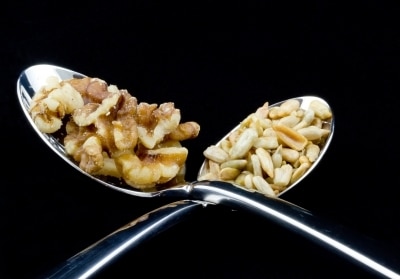On January 6, 2010, the Canadian Transportation Agency (CTA) released its Ruling on a complaint by two passengers who claimed that they had experienced difficulties relating to peanut allergies while travelling with Air Canada. The complainants wanted an outright ban on the service of nuts onboard aircraft, as well as in-flight announcements asking other passengers not to consume nuts or nut products.
In previous decisions, the CTA has concluded that an allergy, per se, is not a disability but there may be individuals for whom an allergy is a disability. The CTA decides allergy cases on a case-by-case basis. An allergy to peanuts can induce a range of manifestations from itching and skin rashes to anaphylactic shock and potentially death. Air Canada no longer serves peanuts on its flights, but the complainants insisted that their allergies might also be triggered by the cashews and almonds and other “nut products” which the airline still serves.
Perhaps the most useful aspect of this ruling is the recognition by the CTA of the high quality of aircraft cabin air. The complainants argued that their exposure to allergens were greater in the “closed-off environment of an aircraft cabin with recycled air”, but the evidence was to the contrary.
Air Canada uses high-efficiency particulate arrestor (HEPA) filters on its aircraft, the most efficient filters available on the market. These filters are similar to filters used in critical wards in hospitals and in industrial “clean rooms” and produce cabin air which has a particle concentration superior to the average work environment. The use of HEPA filters and the exchange of cabin air every two or three minutes produces a high level of air quality. Perhaps this technological information will help to calm the fears of those who continue to insist that their exposure to bacteria and viruses are greater onboard an aircraft than elsewhere.
The CTA rejected the demand that the airline cease serving nuts and nut products, noting that all experts agreed that an allergen-free environment would be impossible to create. Instead, the CTA ordered that when a passenger provides advance notice to the airline, the airline should make every effort to seat the passenger in an “exclusion or buffer zone” in the cabin within which only foods that are nut-free will be available. This order effectively formalizes an ad hoc practice which Air Canada had been following.


